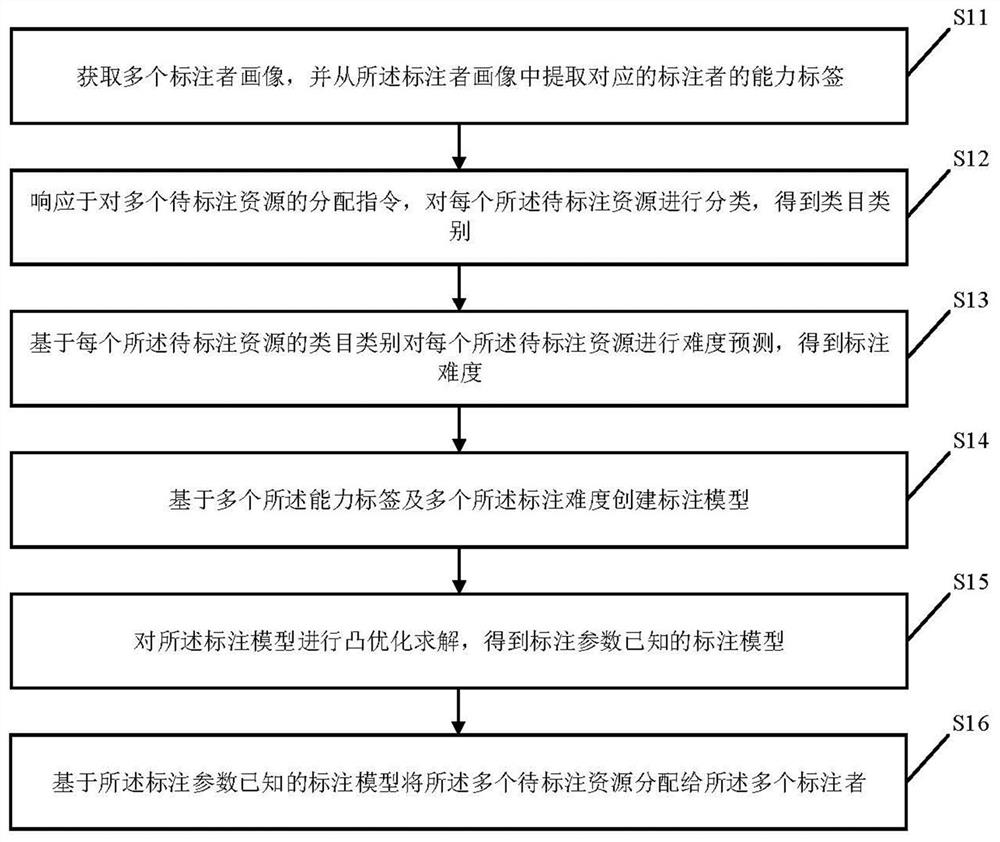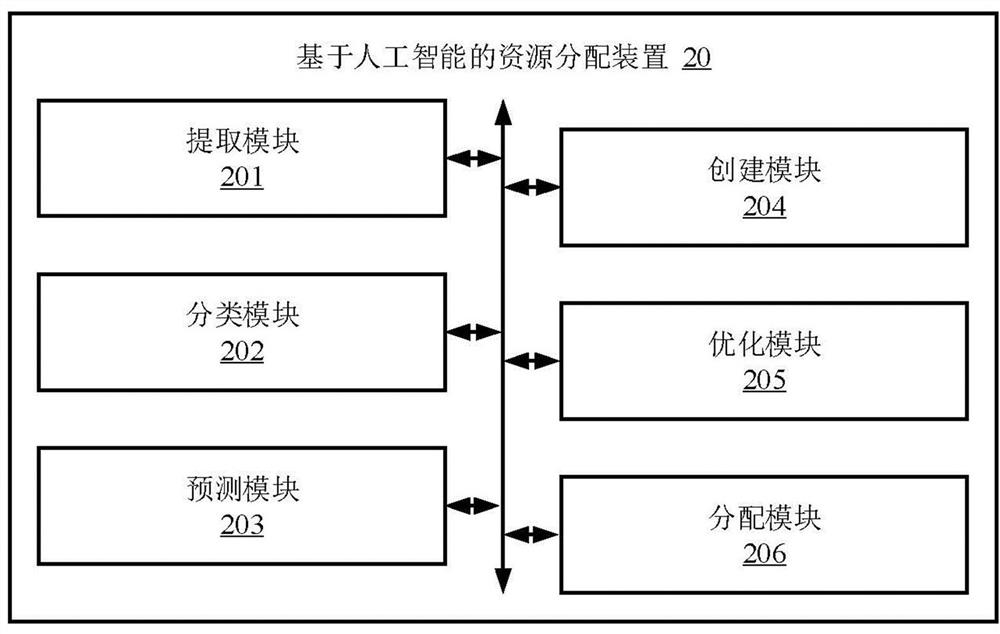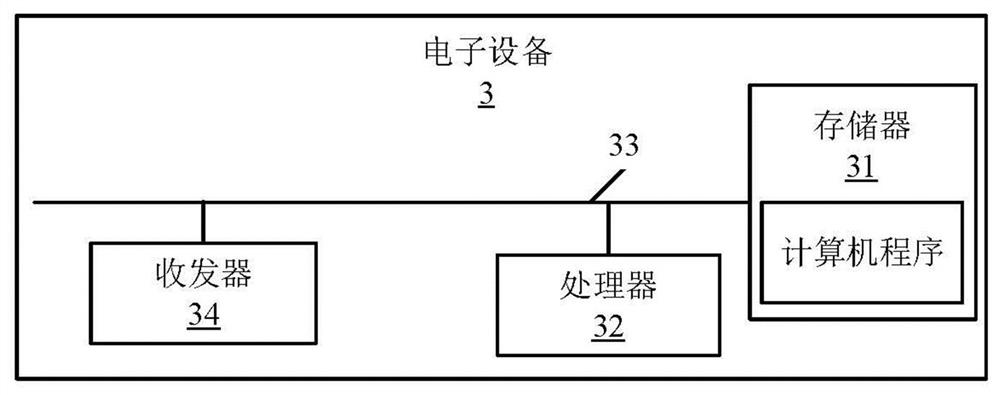Artificial intelligence-based resource allocation method, device, electronic device, and medium
A technology of resource allocation and artificial intelligence, applied in the field of resource allocation based on artificial intelligence, can solve problems such as poor labeling quality, uneven difficulty of resources to be labeled, failure to consider labeler preferences and professional level differences, etc., to improve accuracy , Improve the prediction accuracy, improve the effect of allocation accuracy
- Summary
- Abstract
- Description
- Claims
- Application Information
AI Technical Summary
Problems solved by technology
Method used
Image
Examples
Embodiment 1
[0064] figure 1 It is a flow chart of the resource allocation method based on artificial intelligence provided by Embodiment 1 of the present invention. The artificial intelligence-based resource allocation method specifically includes the following steps. According to different requirements, the order of the steps in the flow chart can be changed, and some of them can be omitted.
[0065] S11. Obtain multiple annotator portraits, and extract corresponding annotator capability tags from the annotator portraits.
[0066] The electronic device may pre-create a portrait database for storing the portrait of the annotator, and store the portrait database locally. The portrait of the annotator describes the basic characteristics of the annotator, including, but not limited to: the basic information of the annotator, and the ability label of the annotator.
[0067] The basic information of the annotator is provided by the annotator when registering on the crowdsourcing annotation t...
Embodiment 2
[0125] figure 2 It is a structural diagram of an artificial intelligence-based resource allocation device provided in Embodiment 2 of the present invention.
[0126] In some embodiments, the artificial intelligence-based resource allocation device 20 may include a plurality of functional modules composed of computer program segments. The computer program of each program segment in the artificial intelligence-based resource allocation device 20 can be stored in the memory of the electronic device, and executed by at least one processor for execution (see figure 1 Describe) the capabilities of AI-based resource allocation.
[0127] In this embodiment, the artificial intelligence-based resource allocation device 20 can be divided into multiple functional modules according to the functions it performs. The functional modules may include: an extraction module 201 , a classification module 202 , a prediction module 203 , a creation module 204 , an optimization module 205 and an a...
Embodiment 3
[0188] This embodiment provides a computer-readable storage medium, where a computer program is stored on the computer-readable storage medium, and when the computer program is executed by a processor, the steps in the above embodiments of the resource allocation method based on artificial intelligence are implemented, for example figure 1 S11-S16 shown:
[0189] S11. Obtain a plurality of annotator portraits, and extract a corresponding annotator's capability label from the annotator portraits;
[0190] S12. In response to an allocation instruction for multiple resources to be marked, classify each resource to be marked to obtain a category;
[0191] S13. Predict the difficulty of each resource to be marked based on the category of each resource to be marked to obtain the difficulty of marking;
[0192] S14. Create a labeling model based on multiple capability labels and multiple labeling difficulties;
[0193] S15, performing a convex optimization solution on the labeling ...
PUM
 Login to View More
Login to View More Abstract
Description
Claims
Application Information
 Login to View More
Login to View More - R&D
- Intellectual Property
- Life Sciences
- Materials
- Tech Scout
- Unparalleled Data Quality
- Higher Quality Content
- 60% Fewer Hallucinations
Browse by: Latest US Patents, China's latest patents, Technical Efficacy Thesaurus, Application Domain, Technology Topic, Popular Technical Reports.
© 2025 PatSnap. All rights reserved.Legal|Privacy policy|Modern Slavery Act Transparency Statement|Sitemap|About US| Contact US: help@patsnap.com



